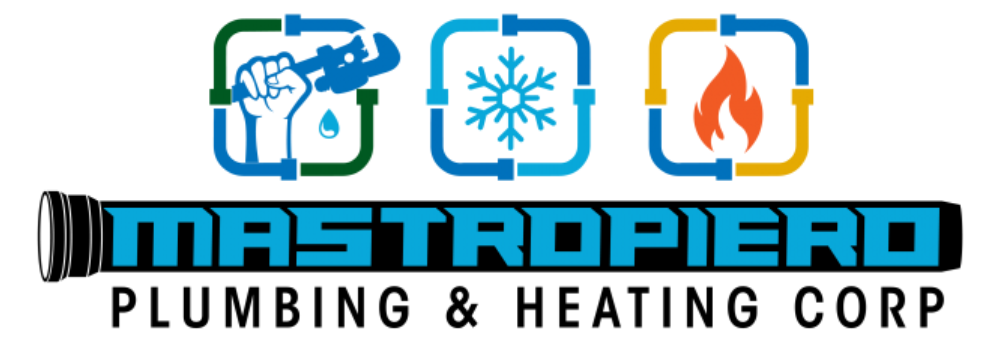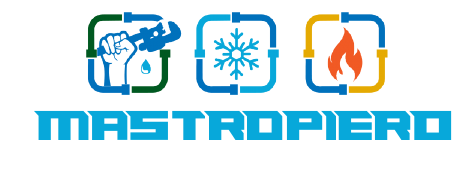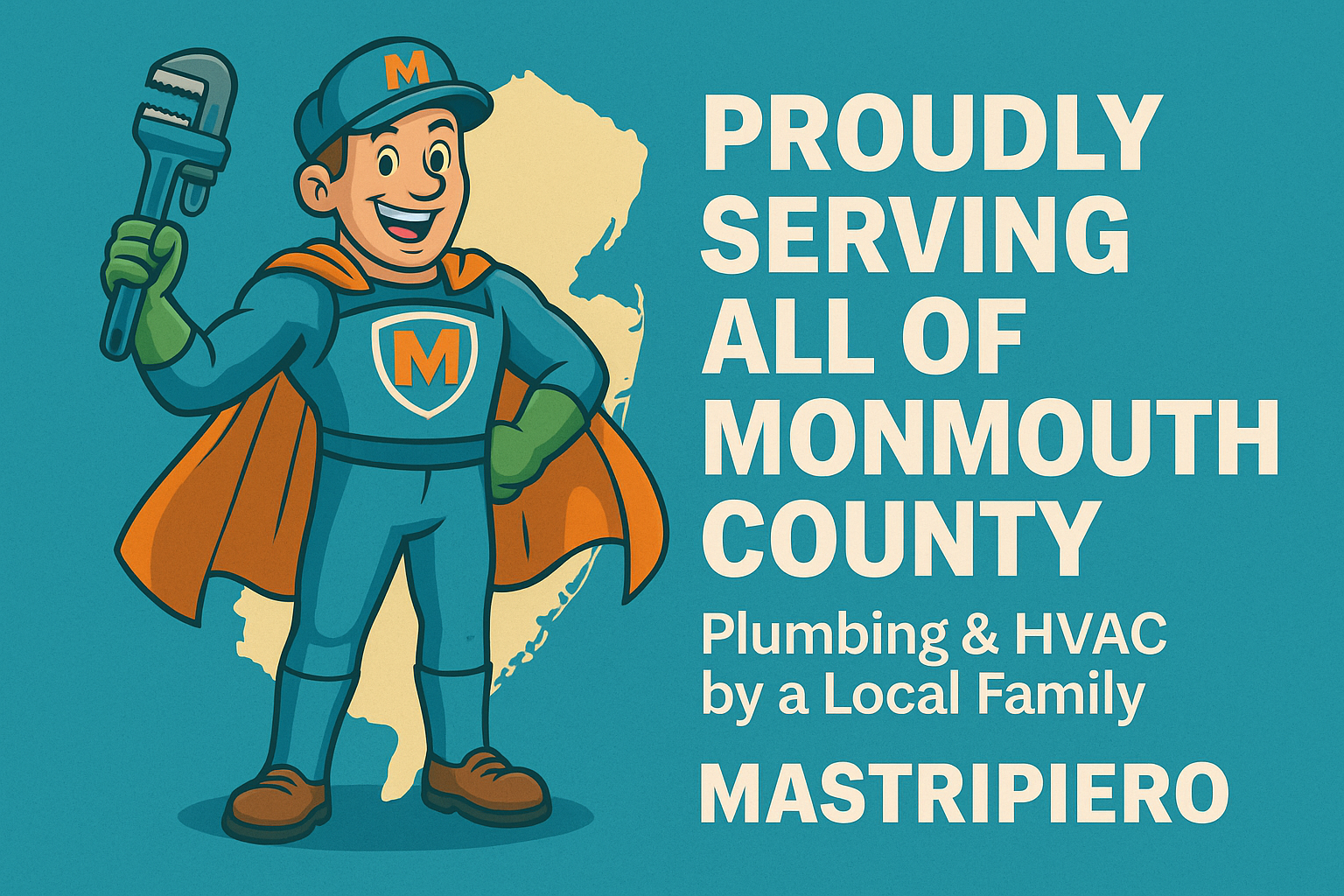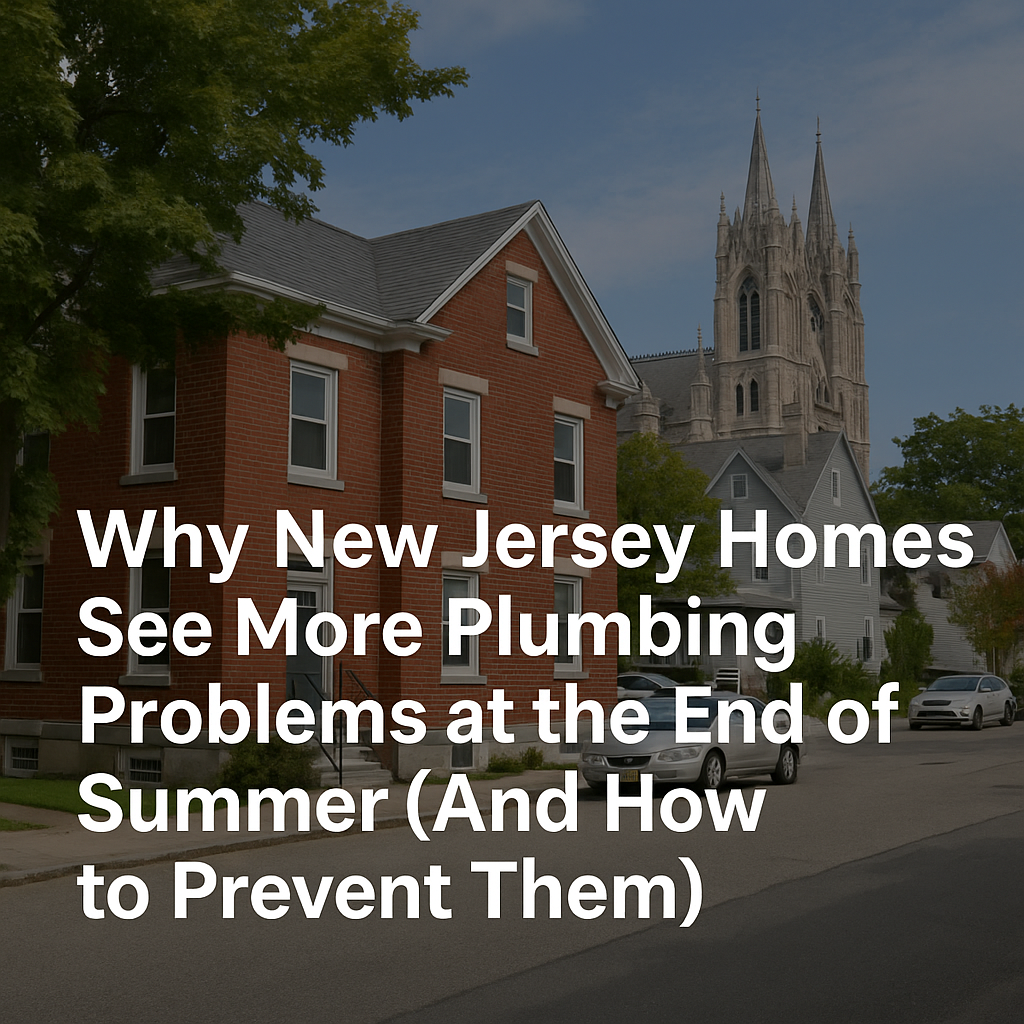Fort Myers AC Maintenance Tips for Hurricane Season and Storm Recovery
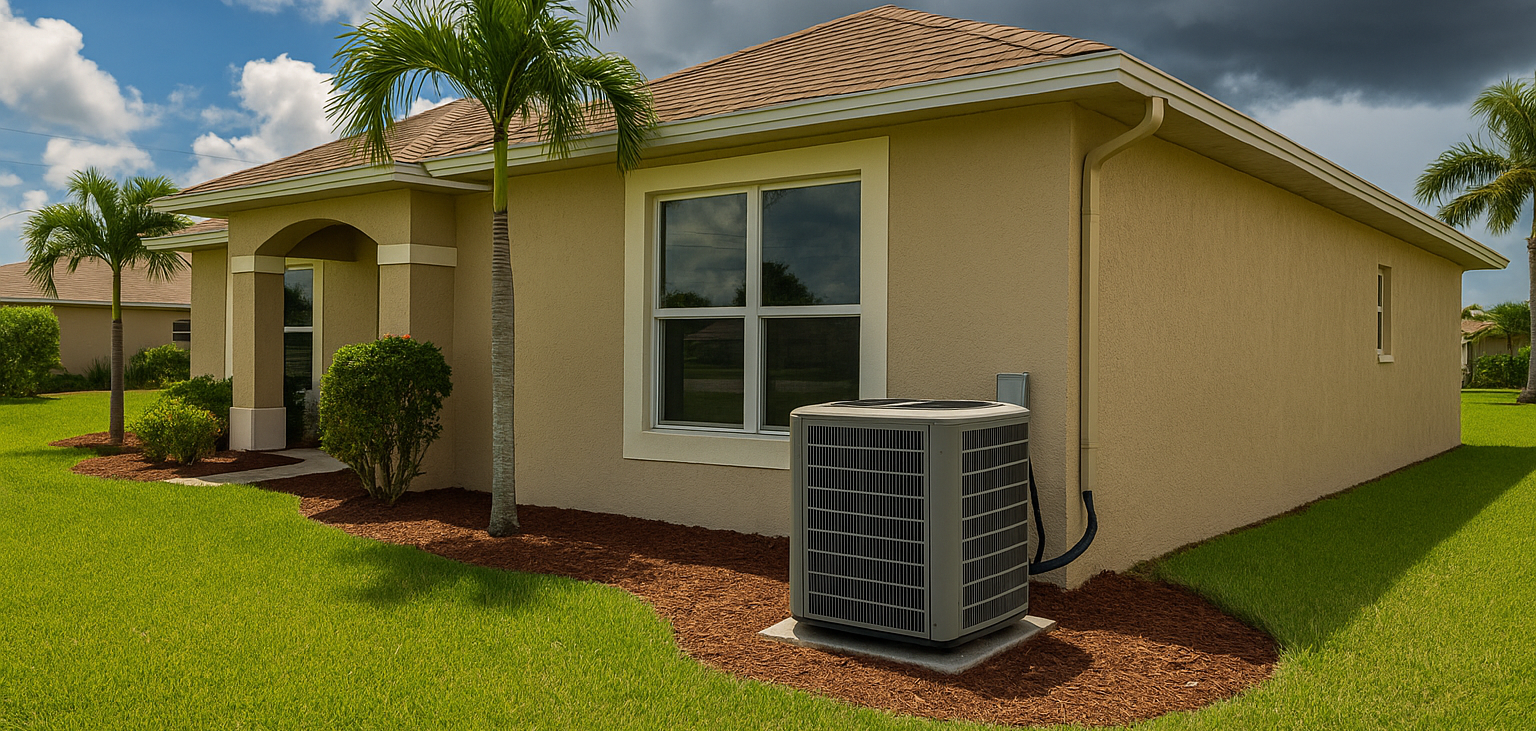
If you live in Fort Myers, you know late summer doesn’t just mean sweltering heat — it also means hurricane season. Between August and October, heavy rains, high winds, and sudden power surges put serious strain on air conditioning systems across Southwest Florida. After a major storm like Hurricane Ian, many homeowners learned the hard way just how vulnerable their cooling systems can be.
At Mastropiero Plumbing & HVAC, our Fort Myers team helps homeowners prepare their AC units for storm season and spot post-storm damage before it turns into costly repairs. Here’s what to watch for — and how to keep your home comfortable even when the weather outside isn’t.
1. Electrical and Power Surge Damage
One of the most common AC issues after a storm is electrical damage. Fort Myers neighborhoods from McGregor Boulevard to Gateway often experience power flickers or full outages during hurricanes. When the power comes back suddenly, it can cause a surge that fries AC capacitors or control boards.
Tip: Installing a surge protector for your AC can help protect it from unpredictable Gulf Coast storms. If your system won’t kick back on after a storm, call for service right away.
2. Flooding and Debris Around the Condenser
Hurricane-season flooding isn’t just a problem near the Caloosahatchee River — even inland neighborhoods can see standing water. When your outdoor condenser unit sits in floodwater or gets covered with leaves, branches, or even roofing debris, airflow gets blocked and major damage can occur.
Tip: After a storm, carefully clear away debris around your unit. If it was submerged in water, don’t restart it until a professional inspects it.
3. Saltwater and Corrosion Risks
Living near Fort Myers Beach, Cape Coral, or Sanibel means your AC unit is already exposed to salt in the air. Add in hurricane winds that carry saltwater inland, and corrosion speeds up dramatically. Rust on coils or wiring connections can cause reduced efficiency or sudden breakdowns.
Tip: Schedule routine cleanings and inspections — salt damage isn’t always visible right away, but it can shorten your AC’s lifespan if left untreated.
4. Ductwork and Indoor Air Quality Concerns
After days of high humidity and storm moisture, ductwork can become a breeding ground for mold. Homeowners in Fort Myers Shores and Lehigh Acres often notice musty odors after storms, which is usually a sign of moisture buildup inside ducts.
Tip: If you smell mildew, call for an indoor air quality check. Professional duct cleaning and dehumidifiers can make a huge difference.
5. Preventative Steps Before the Next Storm
- Install a surge protector for your AC.
- Cover your condenser with a breathable hurricane-rated cover.
- Schedule a preseason inspection before peak hurricane activity.
- Know how to safely shut off your AC before a storm hits.
Fort Myers Experts Who Understand Local AC Challenges
Not every HVAC company understands the unique conditions of living in Southwest Florida. Mastropiero Plumbing & HVAC has been serving Fort Myers families for years, helping them weather everything from summer humidity to post-hurricane recovery. Whether you’re near downtown Fort Myers, along Daniels Parkway, or out by Estero, our technicians know the local climate and the common issues it creates.
Schedule Your AC Inspection Today
Don’t wait until the next storm leaves you without cooling. Call Mastropiero Plumbing & HVAC today to schedule a post-storm inspection and keep your home safe and comfortable all year long.
📞 (239) 922-1630
